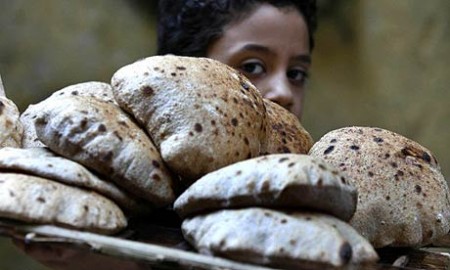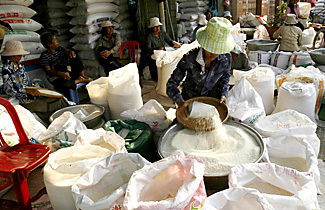This article is a must read.
Related video:
Nutricide – Criminalizing Natural Health, Vitamins, and Herbs (Dr. Rima Laibow, M.D.)
__________________________________________________________________________
By: Dr. Gregory Damato, Ph.D.

(NaturalNews) Codeath (sorry, I meant Codex) Alimentarius, latin for Food Code, is a very misunderstood organization that most people (including nearly all U.S. congressmen) have never heard of, never mind understand the true reality of this extremely powerful trade organization. From the official Codex website (www.codexalimentarius.net) the altruistic purpose of this commission is in “protecting health of the consumers and ensuring fair trade practices in the food trade, and promoting coordination of all food standards work undertaken by international governmental and non-governmental organizations”. Codex is a joint venture regulated by the Food and Agricultural Organization (FAO) and World Health Organization (WHO).
Read moreCodex Alimentarius: Population Control Under the Guise of Consumer Protection



